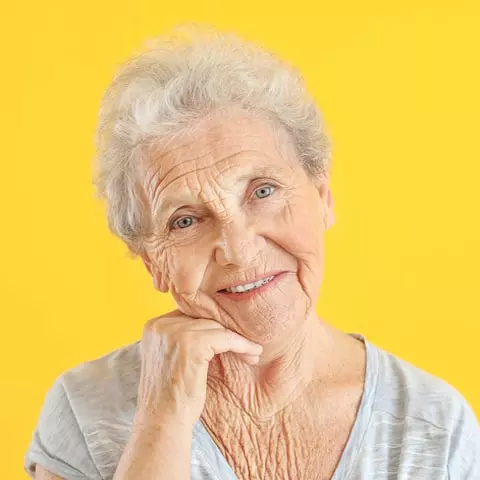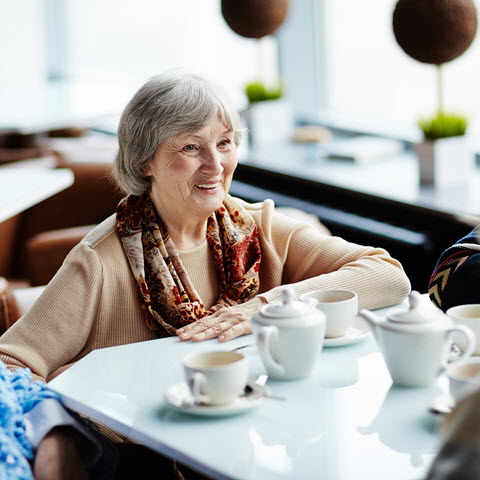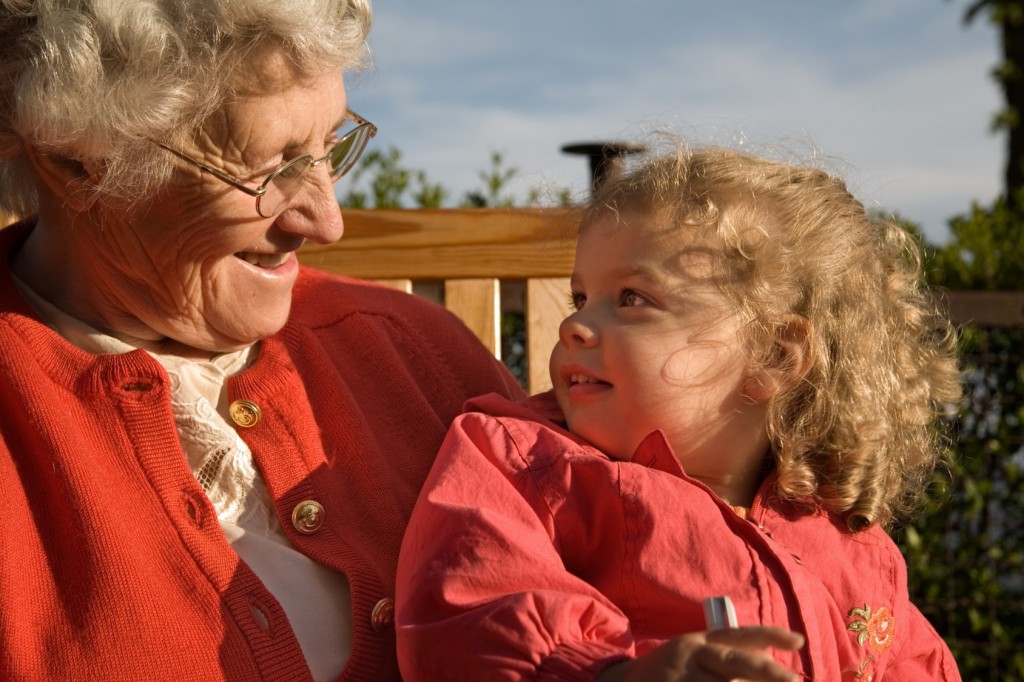
As our loved ones age, there often comes a time when they may choose to live independently in their own homes. While this independence is admirable, it can also be a source of concern for family members. One of the primary worries is how to ensure the safety and well-being of elderly individuals living alone. Fortunately, there are various strategies and technologies available to help monitor and support them. In this article, we will explore ways to effectively monitor elderly loved ones who live alone.
Regular communication:
Maintaining regular communication is essential for monitoring elderly family members. Whether through phone calls, video chats, or in-person visits, staying connected allows caregivers to assess their loved one's well-being and provide support when needed.
Emergency contact list:
Find YOUR ideal care home NOW!
Creating an emergency contact list ensures that your loved one has access to help when necessary. Include essential phone numbers for family members, neighbors, doctors, and emergency services, and make sure it's easily accessible within their home.
Medical alert systems:
Medical alert systems provide seniors with a lifeline in case of emergencies. These devices allow them to call for help with the press of a button, providing peace of mind for both the senior and their caregivers.
Home security and monitoring systems:
Installing home security and monitoring systems enhances safety by alerting caregivers to any unusual activity or potential risks. Surveillance cameras, motion sensors, and doorbell cameras provide remote access and monitoring capabilities.
GPS tracking:
For seniors who still enjoy mobility, GPS tracking devices offer added security. These discreet devices allow caregivers to monitor their loved one's whereabouts in real-time, particularly useful for seniors prone to wandering or becoming disoriented.
Medication management:
Managing medications is crucial for seniors with chronic conditions. Medication management devices offer reminders for taking pills and can be connected to smartphones to ensure adherence to medication schedules.
Remote health monitoring:
Wearable devices like smartwatches and fitness trackers provide valuable health metrics such as heart rate and sleep patterns. These insights help caregivers monitor their loved one's overall health remotely.
In-home care services:
Professional in-home care services offer comprehensive support for seniors, including assistance with daily activities, medication management, and companionship. Caregivers can rest assured knowing their loved one is receiving the care they need.
Regular home safety checks:
Periodic safety checks help identify potential hazards in the home, such as loose rugs or faulty appliances. Making necessary modifications creates a safer living environment for elderly family members.
Encourage social engagement:
Loneliness can impact an elderly person's mental and emotional well-being. Encourage social engagement through senior clubs, community events, or regular visits from friends and family members.
Monitoring elderly loved ones who live alone requires a combination of communication, technology, and support systems. By staying connected, utilizing technology, and encouraging social engagement, caregivers can ensure the safety, well-being, and quality of life of their elderly family members as they age gracefully in their own homes.
We are here to help you choose a care home or facility best suited to your needs. Do not hesitate to contact us on the following number: 0230 608 0055 or fill out this form.
Do you need a care home for yourself or your loved one?
Share this article :
Latest posts
You are looking for an establishment for your loved one ?
Get availability & prices
Fill in this form and receive
all the essential information
We would like to inform you of the existence of the opposition list for telephone canvassing.











